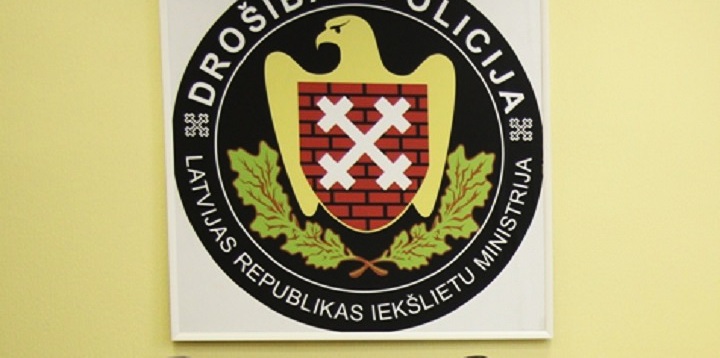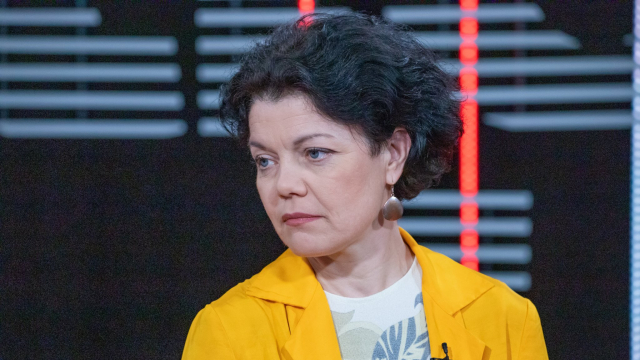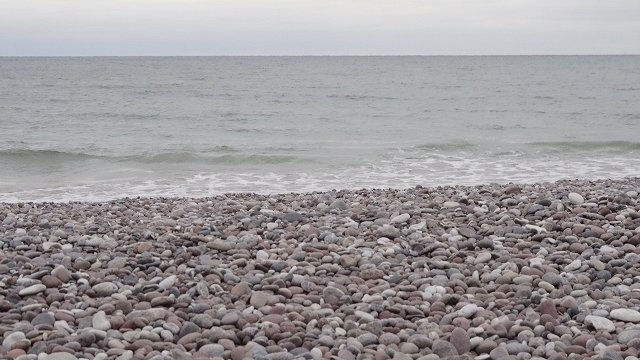Recently, concerns have been voiced about Islamic State members posing as refugees arriving to Europe.
However, an anonymous employee of the Security Police said that the refugee inflow doesn't constitute an immediate and substantial threat to national security, as the Security Police continuously works on a number of preventive measures to prevent any terrorism-related risks.
"We cannot exclude the possibility that terrorists arrive to Europe in the guise of asylum seekers. [..] But experts and policymakers on a number of levels do what they can to prevent this possibility," said the Security Police employee.
The screening of asylum seekers and illegal immigrants starts, in Latvia as in the rest of Europe, with taking photos of the person and scanning his or her fingerprints, which are then compared with the records of international information networks in order to ascertain the person's identity and whether they've not applied for asylum in another country.
A part of the refugees that will be sent to Latvia from camps outside the EU will have been screened by UN employees, but in this case too Latvia will have the final say.
After the scanning the fingerprints and taking a photo, the initial interview, which consists of filling in a form by the Office of Citizenship and Migration Affairs, takes place. While afterwards the facts ascertained abut the person are checked in preparation for the main interview. It lasts about two and a half hours, but it can be longer.
"In this interview the asylum seekers are questioned about their individual matters - what are the threats in the country, the region, the village, the city [they have fled], and so on. [..]" said Mareks Hoņavko, the head of the Border Guard Returns and Asylum Seekers' Department.
Sometimes their personal belongings help identifying the person - for example, one person's identity was ascertained from the food stamp issued by an UN refugee camp. Not all of the asylum seekers reveal information about themselves readily: sometimes they lie about their faith, while Vietnamese citizens often lie about their age to receive special treatment.
Hoņavko said that there has been only a single case where a person could not be identified. There's also a problem with finding interpreters, as those who translate from Arabic and Vietnamese are very busy even now.
This year, the State Border Guard has detained 305 persons for illegally crossing the border. Most of them came from Vietnam and Afghanistan. Some 201 persons have applied for the status of an asylum seeker. People from Ukraine, Vietnam, Georgia and Syria are among those who apply for asylum most often.
The status of a refugee or 'an alternative status' is granted to about 30 individuals each year.
Meanwhile, Armands Krauze, the head of the Greens and Farmer's Union, said in a Monday interview to Latvian Television that refugees are a "matter of national security" and that many of the asylum seekers are of unknown identity.































